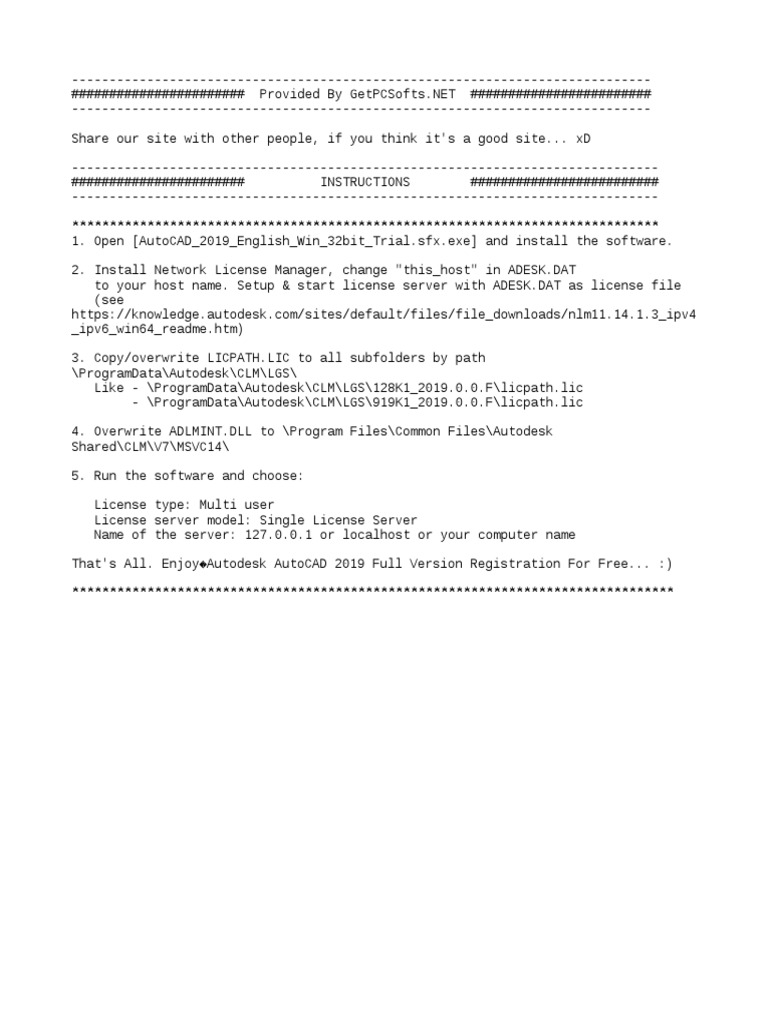In the intricate tapestry of human experience, one might ponder: if life comes with a manual, are we diligent enough to read it? This whimsical inquiry leads us to explore the profound teachings of the Bahá’í Faith, particularly centered around the idea of “First Always Read Life’s Instructions.” This maxim urges individuals to engage deeply with the spiritual and ethical directives provided by the Bahá’í writings, which serve as guiding principles in navigating the complexities of existence.
Initially, understanding the essence of Bahá’í teachings requires a fundamental recognition of their origin. The Bahá’í Faith, founded by Bahá’u’lláh in the 19th century, emphasizes the oneness of humanity, the unity of religions, and an ever-advancing civilization. At the heart of these teachings is a call for individuals to adopt a perspective that is not merely reactive but proactively informed by spiritual guidance. Herein lies the compelling notion that reading and internalizing life’s instructions can significantly enhance personal and communal well-being.
To embark on this journey, one must first conceptualize life’s instructions. These instructions manifest through various forms: sacred texts, historical figures’ admonitions, and lived experiences. Engaging with these teachings calls for an inquisitive disposition, a willingness to question one’s values and assumptions. Are we truly open to life’s teachings, or do we find ourselves ensnared in the mundanity of routine, neglecting the guidance that could lead us toward a more purposeful existence?
Next, let us delve into the significance of the Bahá’í writings as a repository of life’s instructions. Central to these are works such as “The Hidden Words,” “The Seven Valleys,” and “The Kitáb-i-Aqdas.” Each of these texts offers a framework for understanding the human relationship with the Divine, and our obligations toward one another. Moreover, they present ethical and moral imperatives that surpass the confines of cultural and temporal limitations. It is essential to recognize that reading these texts is not merely an academic exercise; it serves as a transformative process that can illuminate one’s path.
In the act of reading, there comes a profound challenge—interpretation. How do individuals filter the teachings through their own experiences and biases? This dilemma underscores the need for community engagement. The Bahá’í Faith encourages collective study and consultation, allowing multiple perspectives to inform and enrich one’s understanding. This collaborative approach not only mitigates the risk of misinterpretation but also fosters a communal spirit that embodies the essence of Bahá’í principles: unity and cooperation.
The process of integrating these teachings into daily life is another facet that demands attention. It is insufficient to merely read; one must also practice. Consider the directive of service to humanity found in the Bahá’í writings. Transcending self-interest, it invites individuals to engage with their communities actively, employing talents and resources to uplift the marginalized. This inevitable intersection of reading and doing forms a cyclical relationship between knowledge and action, whereby each informs and enhances the other.
Moreover, how does one reconcile the often-daunting task of reading life’s instructions amidst the overwhelming distractions of contemporary existence? Here, the Bahá’í teachings offer solace. In admonitions to cultivate a daily ritual of prayer and reflection, one finds sanctuary away from the incessant noise of daily life. Such practices instill a sense of discipline and reverence, empowering individuals to approach life’s complexities with clarity and serenity. The challenge thus remains not only in reading but in dedicating time to reflect on how these teachings resonate with one’s internal compass.
Furthermore, the exploration of life’s instructions extends beyond the individual to encompass societal implications. In adhering to Bahá’í principles such as justice, equality, and the pursuit of knowledge, communities can address systemic issues that plague society. The teachings advocate for the eradication of prejudice and the establishment of a global society marked by peace and prosperity. Engaging with these directives requires a collective effort, elevating the notion of individual responsibility to a communal endeavor. It begs the question: how can we collectively engage with life’s instructions to foster a more equitable world?
In apprehending the challenge of these expansive teachings, one encounters the pivotal role of dialogue. Engaging in open discourse about spiritual principles not only clarifies understanding but also reinforces bonds within communities. The Bahá’í model of Consultation promotes this ideal, wherein individuals are encouraged to express thoughts candidly while prioritizing the well-being of the group. Such a framework not only enriches personal understanding but cultivates a culture of learning and growth. Therefore, the act of reading transforms into a shared experience, whereby collective reflection on life’s instructions generates profound insights.
Ultimately, the call to “First Always Read Life’s Instructions” intertwines personal development with societal transformation. The Bahá’í teachings beckon individuals to not only decipher but to embody these principles, weaving them into the very fabric of daily existence. In pondering the whimsical question of life’s manual, it becomes evident that the true challenge lies not in the knowledge acquired but in the consistent application of such wisdom in fostering both personal and collective flourishing. Would you dare to explore and embody life’s instructions, thereby contributing to a legacy of profound spiritual and social evolution?
